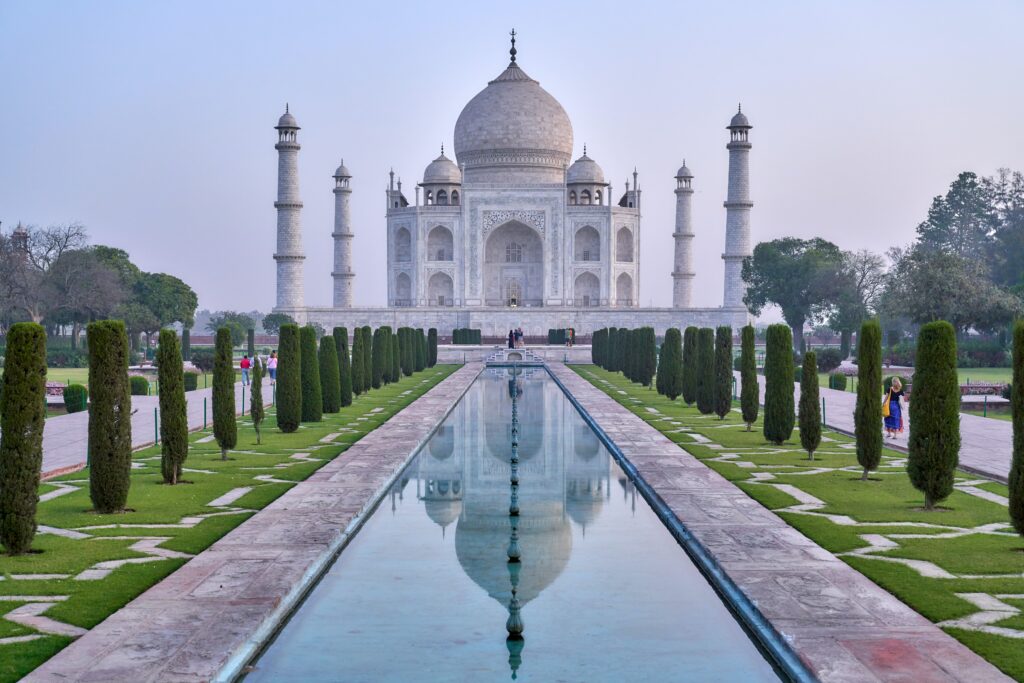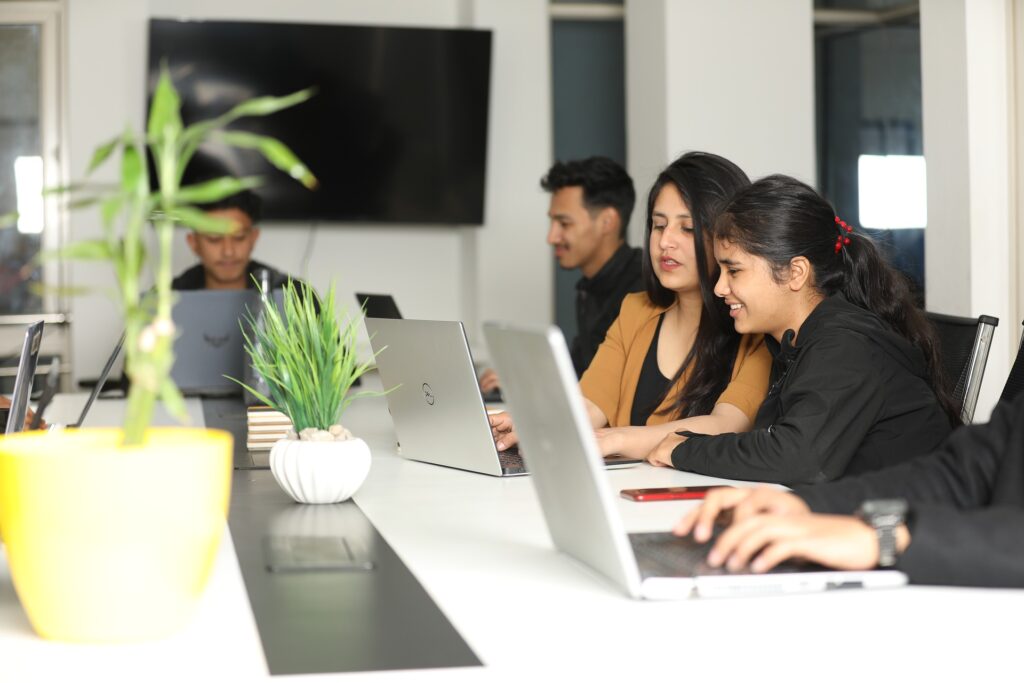
The Indo-German Chamber of Commerce (AHK India) participates as one among other German Chambers of Commerce Abroad at the Start.up! Germany Tour 2021 by acquiring and selecting promising startups from India to participate in this year's Start.up! Germany Tour.
In this interview we talked with Mrs. Chaitra Dole, Manager for Outbound Services from the Indo-German Chamber of Commerce (IGCC) about the startup ecosystem in India and their role as AHK in the ecosystem. As part of the business advisory team, she is the Startup Lead and is assisting Indian companies with their trade and investments into Germany.

Dear Chaitra, please describe your role as AHK in the ecosystem and establish the link to Germany.
Given our long standing experience, IGCC plays an important role in connecting the new economy with the old economy. There are several initiatives in the Indo-German start-up space, and IGCC is playing a key role in fostering cross-border start-up ecosystems. We are partners to initiatives like GINSEP and AsiaBerlin.
We are building close rapport with members and Corporates in India and Germany to understand their innovation requirements and accordingly assist them further to scout for relevant start-ups / new age technologies. We can provide market information and insights to startups, assessing market entry opportunities and accordingly establishing a value proposition. We can connect them with corporates and suitable business partners for conducting pilots and / or offering products and solutions.
Together with industry mentors and experts, we can offer guidance and coaching to startups on scaling up and developing sales strategy in the respective markets, customising and improving their pitch decks for local markets. We can also provide information on custom duties, taxation and protection of intellectual property.
Present your startup ecosystem. What distinguishes it? What are its special features?
The ecosystem was barely notable a decade ago, but has now caught up and, according to common parameters such as the number of 'unicorns', investment volume, number of startups or jobs created by startups, is in third place worldwide behind China and the USA. There are currently 12,500 start-ups in the country, out of which 1,600+ start-ups were added in 2020. The ecosystem has witnessed a y-o-y growth of 8-10% between 2015-2020. The total number of unicorns is 59 as of August 2021, there are 300+ active institutional investors and 520+ incubators and accelerators active in India.

The most mature and largest sectors include EnterpriseTech Solutions, FinTech, HealthTech and Retail & RetailTech. Besides, there is an increased use of DeepTech. The startups in India are currently still concentrated in three hubs: Bangalore, Delhi and Mumbai, but the growth of the industry is broad-based and other cities can develop into hubs in the medium to long term. The evolution of the start-up ecosystem in the past few years can be attributed to factors like government support – Start-up India campaign, availability of funding, pool of talent, increased use of internet amongst others. Also, more and more entrepreneurs who have already successfully developed their own ventures are promoting the growth of other startups with new ideas or in the form of financial support.
Where do you see developments and potential?
Verticals like Enterprise Tech, HealthTech, FinTech, EdTech and RetailTech have contributed to the growth in 2020. The pandemic has disrupted the economy, but it has also accelerated the growth in digital services and sectors like EdTech. The ecosystem offers opportunities in various other sectors for technologies like AI, Blockchain, AR/VR, Robotics, IoT and Big Data and India offers a large tech-savvy talent pool to keep up with newest technologies. Other segments such as infrastructure and logistics have been traditionally lagging in international comparison, and local startups are supporting overcoming these challenges and elevating the industries to global standards. Indian start-ups offer innovative solutions that can also be applied globally. In India, there is an unprecedented surge in demand among consumers for health and term life insurance, and the convenience of buying insurance through an app make InsurTech one of the most promising sectors in India.

In your opinion, what makes the German market interesting for Indian startups?
Germany lies in the heart of Europe and can be a springboard for the entire continent. There is already a strong partnership between Germany and India for developing sophisticated technology and engineering. Great infrastructure, stable and robust economy and ease of doing business are some of the other factors that make German market attractive for Indian start-ups.
What were your reasons for participating in the Start.up! Germany Tour?
We had enriching and positive experiences with the previous editions of Start.up! Germany Tour. The tour gives our start-ups the opportunity to get to know various German cities, learn more about the start-up ecosystem and connecting with various stakeholders.
How could you improve the market entry for specifically Indian startups?
By establishing the network as first crucial step, by advising on product-market fit and by supporting and building connections with corporates and German SMEs.


